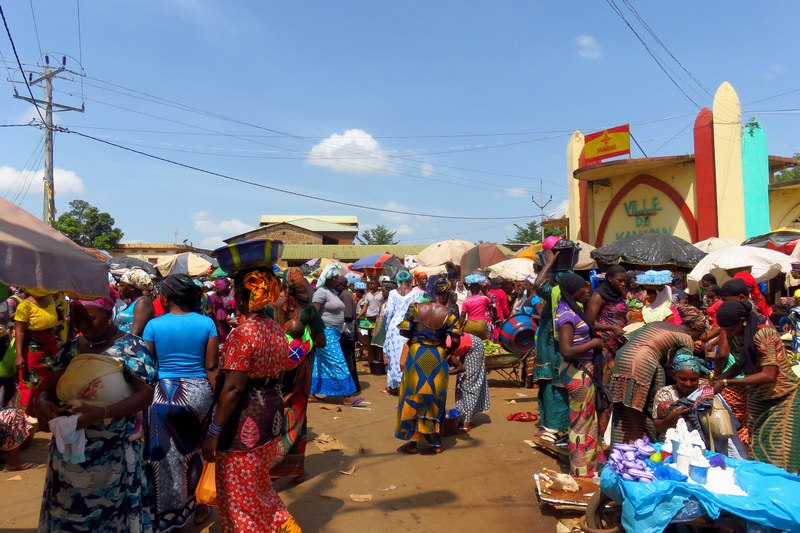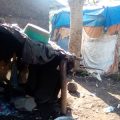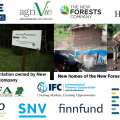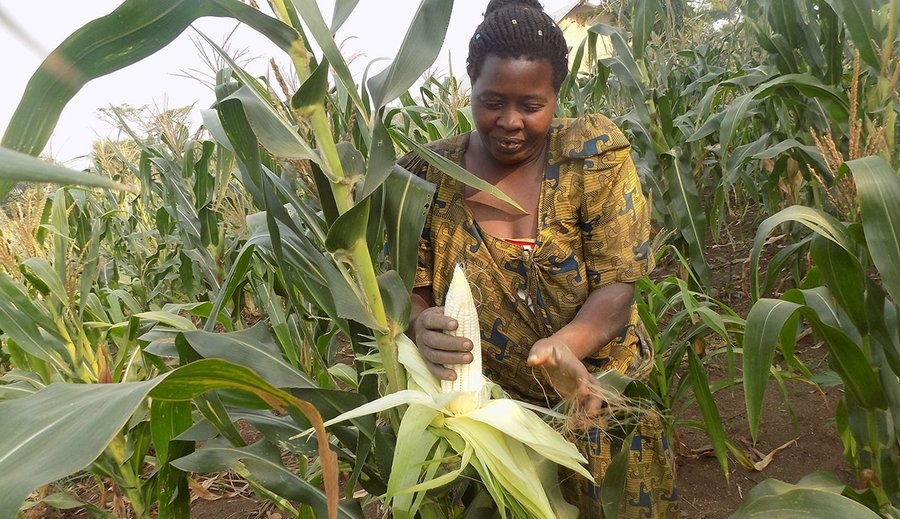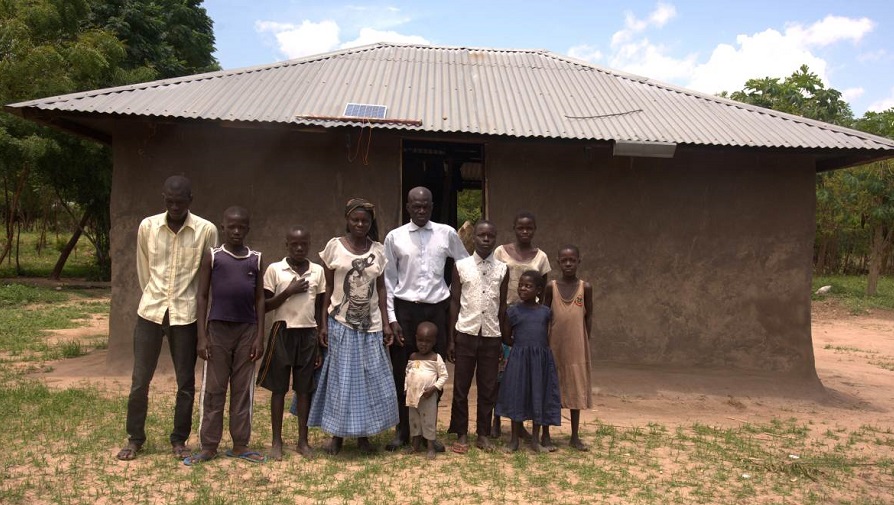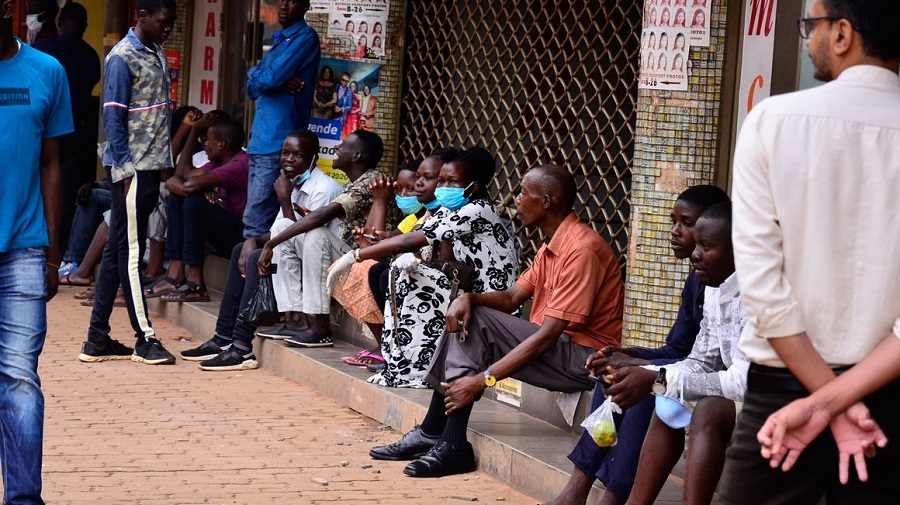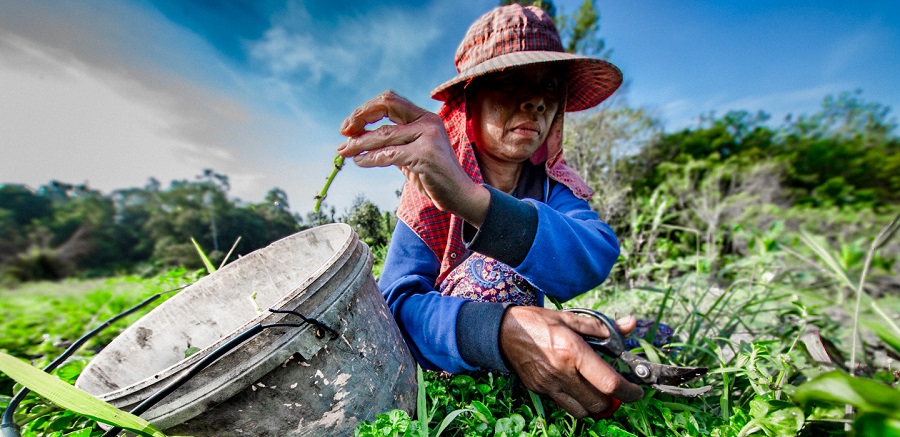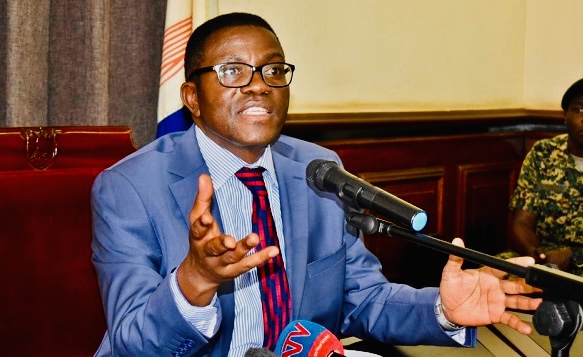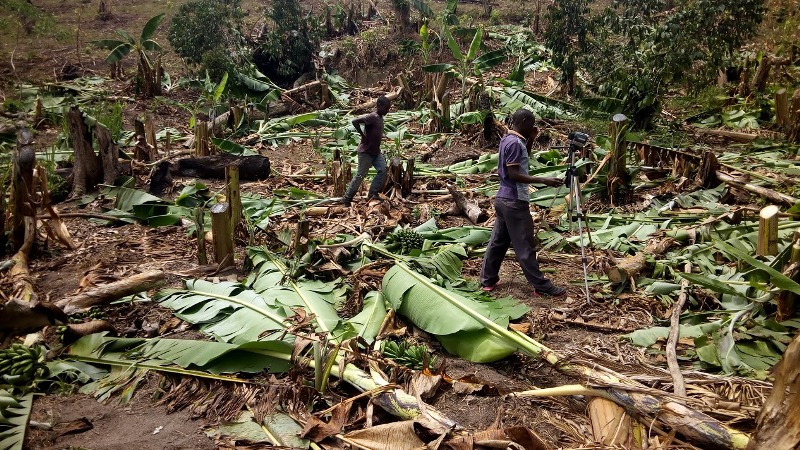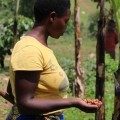By Witness Radio team.
“Laws are like spider webs: they catch the weak and let the powerful go free,” said Anacharsis, a Greek philosopher. These ancient words still ring painfully true for thousands of residents from Kyakaboga Sub-county in Hoima District, Uganda, who were displaced over a decade ago to pave the way for the country’s first oil refinery project. Despite 13 long years of broken promises and unending court delays, these communities continue to fight for justice, their unwavering resilience a source of inspiration.
Recently, the East African Crude Oil Pipeline (EACOP) project secured financial backing, including both debt and equity. The project is estimated to cost around $5 billion, with the project owners contributing about $2 billion in equity and raising an additional $2.4 billion – $3 billion in external debt. Funds were secured from Standard Bank, Stanbic Bank Uganda, KCB Bank Uganda, and the Islamic Corporation for the Development of the Private Sector in Saudi Arabia, among the financiers backing the project.
Many people consider EACOP to be responsible for causing significant environmental harm in Uganda. The project is projected to impact numerous protected areas, including forests and national parks, and could potentially lead to the destruction of habitats and displacement of endangered species. Additionally, the pipeline’s construction and operation pose risks to water resources, including the Lake Victoria basin, which is a vital source of water for millions.
In 2012, the Ugandan government compulsorily acquired 29 square kilometers of land affecting over 13 villages in Buseruka Sub-county. More than 7,000 people, including 3,500 women and 1,500 children, were evicted to make way for the oil refinery. The project, touted as a symbol of national progress, instead left a trail of disrupted lives and systemic injustices —a stark reminder of the moral outrage that underlies this issue.
According to the Petroleum Authority of Uganda, the Resettlement Action Plan (RAP) for the refinery offered affected people two options: cash compensation or resettlement with new houses built by the government. However, to date, many remain uncompensated, and others who opted for cash claim that their land and property were undervalued.
“At the time of compensation, we realized that the government was not paying us fairly as promised,” said Abigaba Esther Mpabaisi, one of the displaced residents. “Some villages in the same locality were compensated using different rates.” She added.
In response to these over-arching concerns, the residents, through their organization, the Oil Refinery Residents Association (ORRA), filed a case at the High Court in Kampala in 2014, seeking redress for forced evictions and human rights violations. Their courage in the face of a decade-long pursuit of justice, frustrated by systemic delays, shifting court venues, and what they describe as deliberate obstructions by state agencies, is truly admirable.
Christopher Opio, the ORRA leader, said the Court of laws meant to protect the poor had let them down: “We went to court, just like we have tried many other things. But the court has let us down. Even today, over 47 families have never received houses as part of the resettlement.” Opio added.
Uganda’s oil development efforts have repeatedly come under fire for forced land takeovers, delayed and inadequate compensation, and coercion accompanied by gross human rights abuses and violations. Despite communities turning to courts as a last resort for justice and demanding accountability for the harm caused to them, they are often left disillusioned.
Uganda’s judicial system operates with a stark contrast in the treatment of cases. While cases filed by powerful institutions often move swiftly, those filed by people experiencing poverty against the state or investors are subjected to years of postponements. A glaring example is the case in Buliisa District, where the government sued 42 families who refused undervalued compensation for their land for the Tilenga project, part of Uganda’s oil development activities.
The Tilenga project, is a major oil development in Uganda’s Albertine Graben, specifically in the Buliisa and Nwoya districts and it has caused displacement of local communities. The courts delivered judgment just four days after the case was filed, upholding the eviction of the families, who were also the legal landowners.
Meanwhile, the Kabaale case continues to stall. 75-year-old Kato Phinehas, who is also among those affected, reveals that the transfer of the case from one court to another is another factor that victims see as a deliberate effort by the state and courts to deny them justice.
“We started from the High Court in Kampala. There, government officials who were party to the case kept dodging us. Many times, the case was scheduled, but they would be absent, and it would be adjourned for several months. Despite little progress, the case was, to our surprise, referred to the Masindi High Court.
We decided not to give up. We followed the case to Masindi, but it was bounced back to the Kampala High Court. In Kampala, they told us the case had been sent to Masindi. Then, in Masindi, after a long wait, the case was referred to the Hoima High Court. However, in Hoima, they informed us that the files could not be traced. We later learned the case files were still in Masindi allegedly because there was no transport to deliver them to Hoima.
The judicial delays have taken a personal toll on individuals like Kato Phinehas. At 75 years old, he wonders if he will live to see the end of these delays. “this shocked us. We asked ourselves: how can a whole government fail to transport case files from Masindi, which is nearby? I’m 75 years old now, you can see me. I wonder: if these judicial delays continue for another ten years, will I still be alive to pursue this case?”
In addition, the eviction took a toll on the socio-economic life of residents, as Wandera John Bosco explains.
“I have been so much disturbed by the displacement because they evicted us from Kabaale and brought us here in Buseruka, about 25 kilometers away. In Kabale, we were flourishing in our work, had good business, and people were carrying out their daily activities, including farming, which yielded a lot and allowed them to thrive. This is a different case here. Life is hard,” said Wandera John Bosco, one of the Oil Refinery Project Affected Persons.
The economic effects have been severe. Many families who relied on farming lost their livelihoods. With no land and no crops, they couldn’t pay school fees. Children dropped out in large numbers.
“I dropped out of school in 2012,” said Tumwebaze Innocent, who was in secondary school when the evictions happened. “The government imposed a cut-off date and banned cash crops that grow beyond six months. And parents, including mine, had no alternative source of survival, which caused many of us to stop education,” he added.
Despite Article 126(2)(b) of Uganda’s Constitution, which mandates that “justice shall not be delayed,” these communities are trapped in a judicial limbo.
Community leaders are now urgently calling on Parliament, the Ministry of Justice and Constitutional Affairs, and the Ministry of Energy and Mineral Development to intervene not only to expedite the court case but also to revisit the entire compensation process. The need for new, fairer valuations based on current land rates and appropriate compensation for families still residing in inadequate or temporary housing is immediate and pressing.

